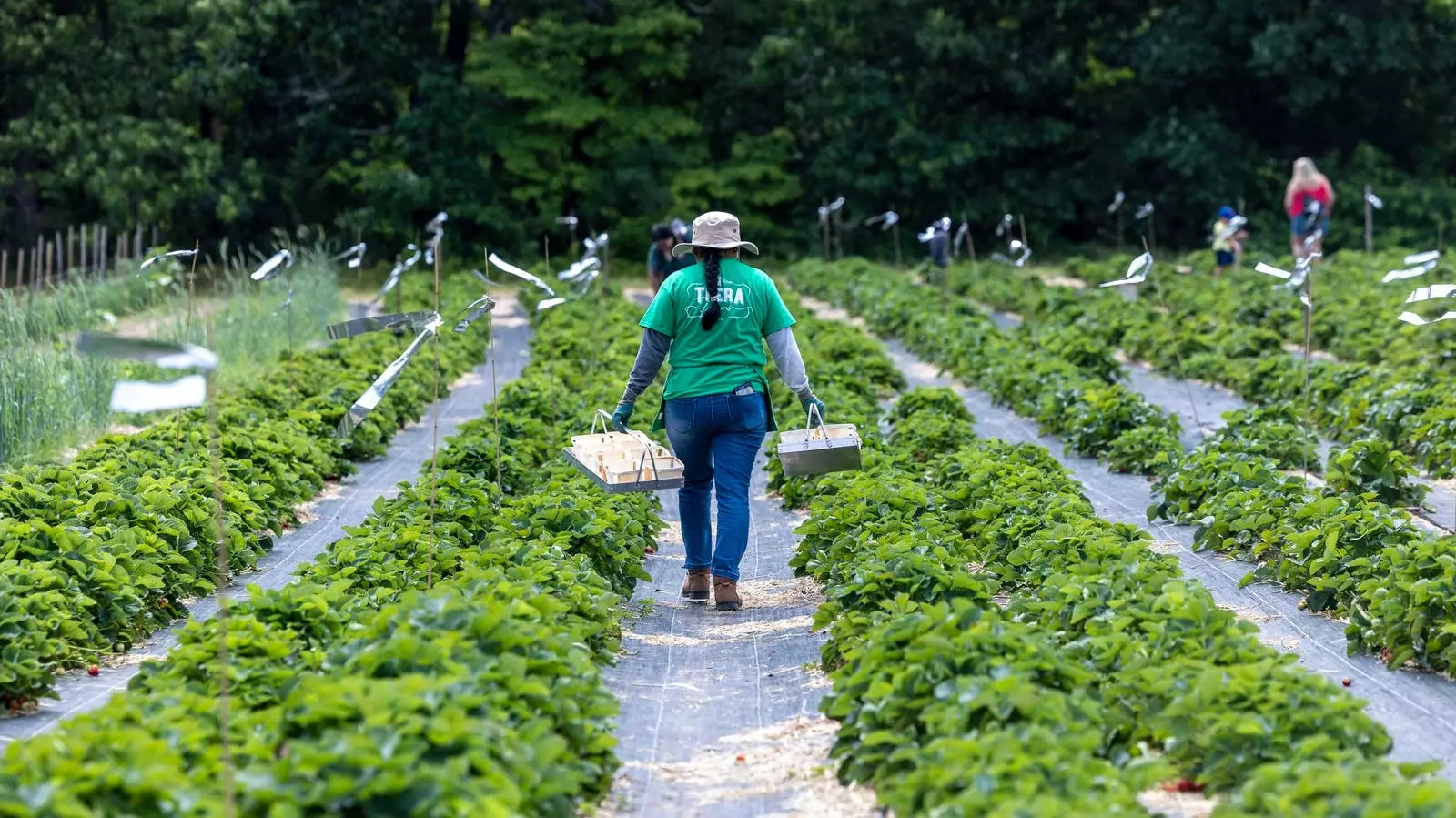The global food crisis is escalating at an alarming pace, accelerated by a combination of environmental degradation, escalating conflicts, and societal inequalities. With severe droughts and extreme weather phenomena becoming more frequent, experts like Sieglinde Snapp from CIMMYT highlight the incessant degradation of soils beneath our feet. The intensity of these challenges is underscored by the staggering statistics from the Food and Agriculture Organization (FAO), which reports that around 733 million people suffer from hunger. The situation is dire, with nearly three billion individuals worldwide unable to afford a healthy diet.
As we approach World Food Day on October 16, there lies an urgent opportunity to reflect on the current state of our food systems. The realm of agriculture is at a crossroads; we have an array of solutions at our disposal, but implementation and commitment to change are paramount. The 2023 theme for World Food Day, “Right to Food for a Better Life and Future,” encapsulates the essence of our mission. It is crucial for every individual to have affordable access to wholesome and safe food—not just for survival, but to enhance quality of life.
Diversity plays a central role in fostering healthy food systems. Snapp accentuates the point that incorporating a variety of crops into our agricultural practices is essential, not just for enhancing diets, but for improving overall livelihoods. However, this diversity must extend beyond crops; it should encompass the diversity of people and practices involved in food production.
Prominent figures in the agricultural world, such as Dr. Cary Fowler and Dr. Geoffrey Hawtin, have been lauded for their efforts in conserving crop biodiversity. Their advocacy for “opportunity crops” such as millet and cowpea highlights the necessity of re-evaluating our approach to agriculture. These resilient crops not only enhance soil health but also provide nutritional benefits that are vital in regions like sub-Saharan Africa, where food security is a pressing issue.
Empowering marginalized communities, particularly women and girls in agriculture, is another pivotal aspect of this discussion. Women’s critical contributions often remain unacknowledged, despite their significant role in food security. Empowering women is not merely a matter of equity; it is a strategic approach to addressing hunger. The FAO has noted that if women had equal access to resources, they could effectively uplift countless individuals out of food insecurity. Women are often the custodians of agrobiodiversity, nurturing crops that are essential for nutrition and sustainability.
A transformation in our food systems necessitates inclusivity in the decision-making processes. Individuals directly involved in agriculture must have a platform to voice their concerns and insights. As Jeffrey Herrick points out, it is imperative to prioritize the needs of farmers and support their participation in significant discussions on global forums such as COP29. By giving food producers a seat at the table, we can foster solutions that are informed by firsthand experiences.
Initiatives like those seen in Zambia, where Good Nature Agro collaborates with local farmers to mitigate post-harvest losses, exemplify how community-driven strategies can enhance food security. The emphasis on collaborative efforts with local stakeholders can yield tailored solutions that address specific regional challenges.
Moreover, the trend towards collective action is gaining momentum, with organizations such as the Global Alliance of Latinos in Agriculture striving to amplify the voices of farmers and ranchers. Their commitment to ensuring that producers participate in crucial international gatherings is essential to advancing the conversation around food security.
An important issue in the quest for sustainable food systems is the distribution of financial resources. Jahan-Zeb Chowdhury highlights the disparity within climate finance, noting that smallholder farmers generate one-third of global food production yet receive a mere fraction of climate adaptation funding. This financial inequality must be addressed if we are to create regenerative agriculture systems that are sustainable in the long term.
The forthcoming Arrell Food Summit in Toronto offers a promising opportunity to examine collective solutions that integrate the ideals of diversity, women’s empowerment, and active participation of farmers. This summit, in partnership with esteemed organizations like the FAO and Food Tank, aims to inspire innovative practices aimed at revitalizing our food systems.
A Vision for a Transformed Food System
World Food Day serves as a crucial moment for introspection, yet it holds the potential for aspirational change. It is imperative to foster comprehensive discussions that inspire actionable solutions designed to nourish a growing global population equitably. The vision for our future is one of celebration, reflecting a transformed food system that guarantees equitable, accessible, and nutritious meals for everyone. Through collaborative efforts, we can turn the tide on current food insecurity crises and work towards a sustainable future for all.


Leave a Reply